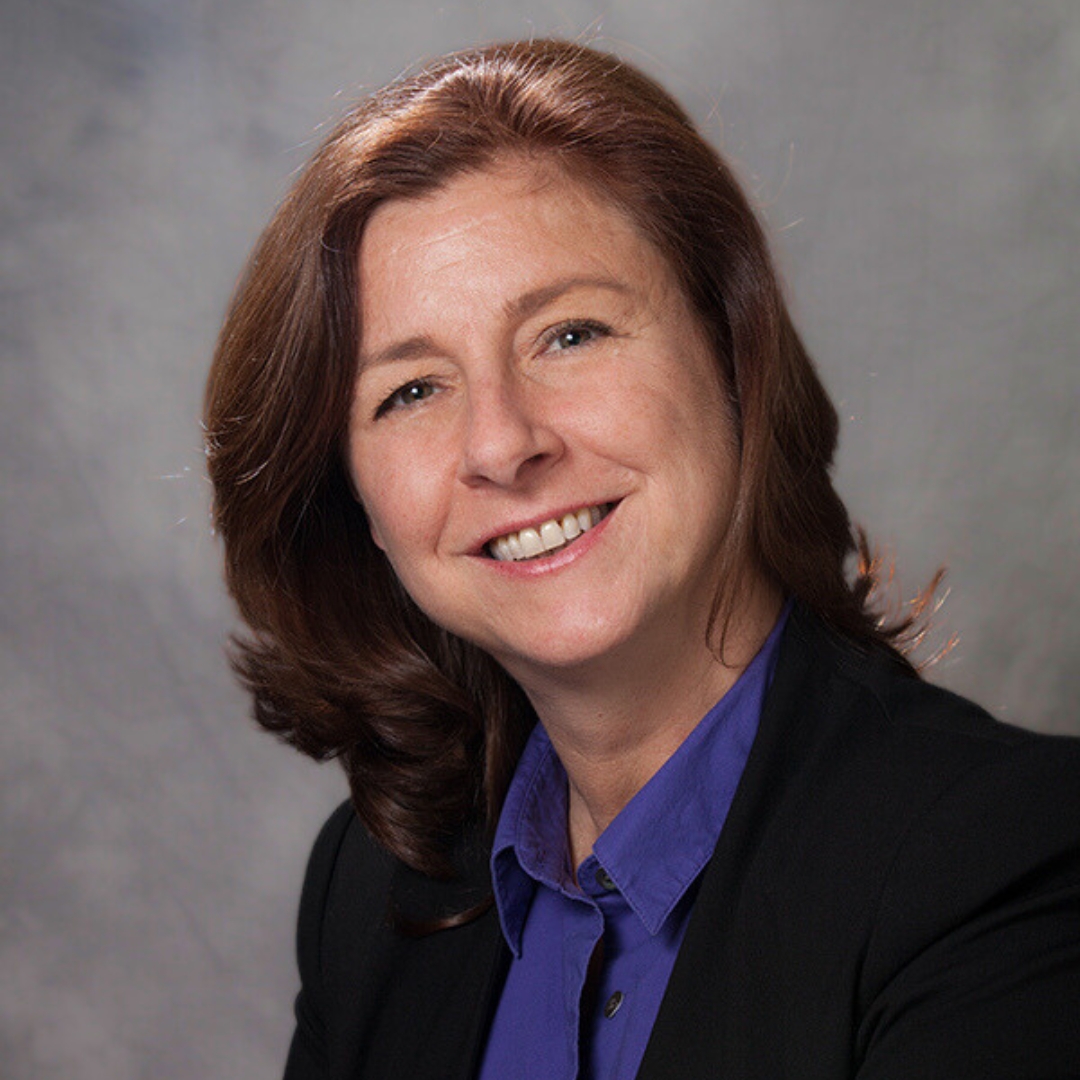The Supreme Court’s decision to allow the Trump Administration’s public charge rule to proceed puts the health and well-being of millions of children in immediate danger.
“The public charge rule doesn’t just harm children, it directly targets them,” says Bruce Lesley, president of First Focus on Children. “Under the rule, the simple act of being a child is counted as a negative. The mere threat of the public charge rule already has created a chilling effect that has forced thousands of children to drop health insurance, food assistance and other life-sustaining programs. We expect today’s decision to accelerate that damage and to harm millions of our country’s youngest and most vulnerable.
“Congress must immediately block funding for this cruel and morally reprehensible rule,” Lesley added.
Children of immigrants make up roughly one-quarter of all U.S. children. They are the fastest-growing group of children in the country. Discouraging children and their families from applying for essential public benefits for which they are eligible will increase child poverty in the United States, contributing to a future generation of adults with compromised physical, nutritional, mental health, and educational outcomes.
The Supreme Court in a 5-4 decision Monday lifted a nationwide injunction on the public charge rule imposed by a New York district judge. The move by the nation’s highest court allows the Administration to begin implementing the rule while the other ongoing lawsuits against the rule wind their way through the federal court system.
The rule expands the definition of who is considered a public charge when determining eligibility for individuals applying for admission to the U.S. or to become a lawful permanent resident (green card). This expansion will allow for the consideration of an applicant’s use of services such as Medicaid, the Supplemental Nutrition Assistance Program (SNAP), Federal, State and local cash assistance programs such as Temporary Assistance for Needy Families (TANF) and subsidized housing vouchers. To make this determination, the Department of Homeland Security will look at the “totality of a person’s circumstances” including their age, health, assets, education and financial status. A person may be deemed a public charge if he/she has used one or more public benefits for more than 12 months in the aggregate within any 36-month period (receipt of 2 benefits will count as 2 months).
Many immigrant parents are working and employed in essential but lower-paying jobs that don’t provide access to employer-sponsored health insurance or a pension plan and which diminish their ability to invest in their children. This, combined with skyrocketing rents and the high cost of everyday goods, means that immigrant parents still struggle to make ends meet and turn to key assistance programs to supplement resources for their families.
Household income below 125 percent of the federal poverty line could count against financial status in the public charge determination. This disregards low wage work as many people who work full-time do not meet this standard. A parent who works full-time year-round — without missing a single day of work due to illness or inclement weather — and is paid the federal minimum wage would fail to achieve the 125 percent of FPL threshold. This is clearly not the person Congress envisioned when it first created the public charge scrutiny.
For more on the ways public charge hurts children, please see our fact sheet.
